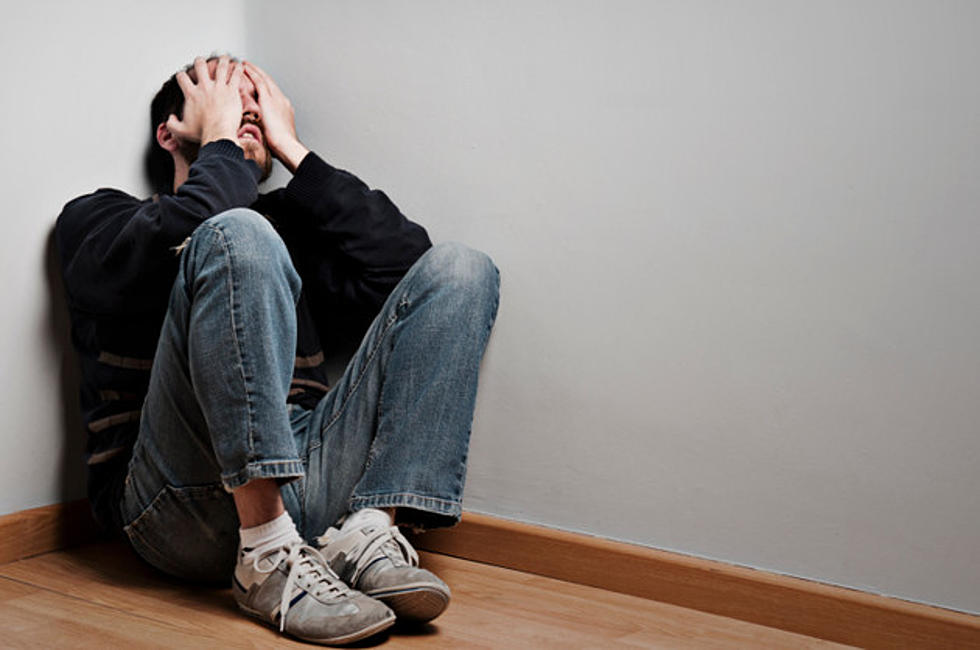
People with Mental Illness Have a Significantly Shorter Life Span
People with mental illness die up to 20 years earlier than the general population, according to a recent report by the Lancet Psychiatry Commission. After analyzing nearly 100 studies, it found that those with mental illness die early — not because of suicide, which accounts for 17% of unnatural deaths — but due to poor physical health.
Christopher Doerr, advanced practice nurse and vice president of community reintegration at Care Plus NJ, said there are a variety of reasons why people with mental illness have a significantly shorter life span than the general population. Cardiovascular illness, smoking, chronic obstructive pulmonary disease, difficulty accessing care, follow-ups, sedentary lifestyle are all contributing factors.
"Quite interestingly, diabetes is strongly linked with schizophrenia regardless of the use of any type of medication," said Doerr.
Inadequate transportation to appointments and follow-ups for patients suffering from mental illness also plays a role in preventing a person from getting help, he added. Doerr said it's hard to expect people who suffer from psychotic symptoms to put all the pieces together and maintain medical follow-up appointments and to take medications correctly.
Coordinating care is the most important way to help people suffering from mental illness, said Doerr.
A key element of ensuring those with mental illness receive both the behavioral health care and primary care they need is through widespread adoption of integrated care models that allow practitioners to provide holistic care. This is especially important in low-income and middle-income settings.
Doerr said New Jersey has long done a good job in providing care for those with serious mental illness. Doerr also believes other states can follow the examples set by New Jersey and increase access to care, increase support so that the care can be implemented and effective.


